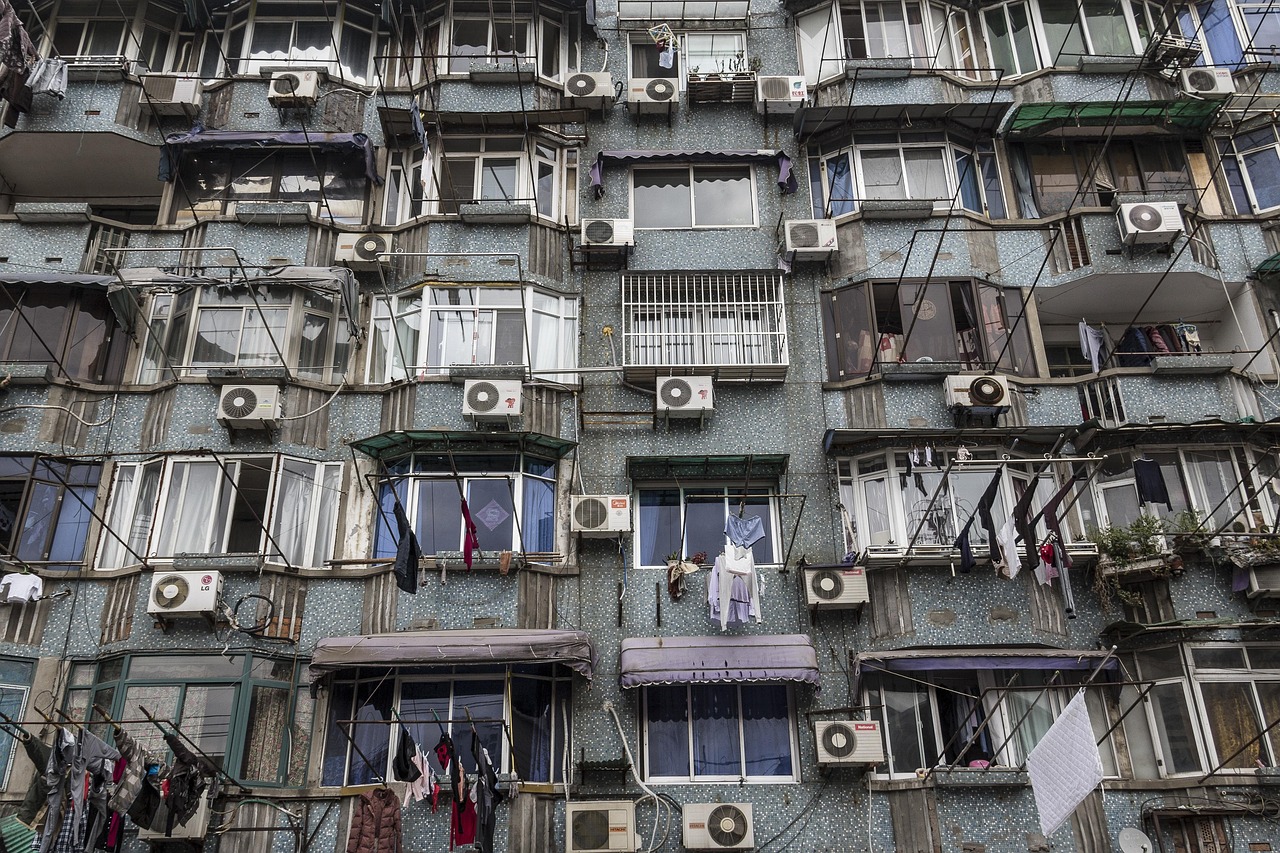Maintain Your HVAC Devices the Right Way: A How-to Guide

Maintaining your HVAC system is crucial for its longevity, efficiency, and the comfort of your indoor environment. A little attention goes a long way in ensuring your heating, ventilation, and air conditioning units operate smoothly.
Proper upkeep can help reduce energy costs and extend the lifespan of the equipment while ensuring optimal air quality in your home or office. Take charge of your HVAC maintenance routine to safeguard against costly repairs and inefficiencies.
Understanding Your HVAC System
Familiarizing yourself with the components of your HVAC system will assist you in performing routine maintenance. Typically, an HVAC system comprises a furnace or heat pump, an air conditioner, ductwork, and an air handler or blower system. Each component plays a key role in maintaining your ideal indoor climate. Inspecting these components regularly will allow you to spot any potential issues. Look for signs of wear and tear, such as corrosion or leaks.
Prioritize understanding the manual provided by your HVAC manufacturer, which outlines necessary maintenance practices specific to your system. The team behind https://genzryan.com/service-area/hvac/st-paul-mn/ says that local experts can provide valuable insights into maintaining and servicing your system effectively. Knowing whom to call for expert assistance can relieve much of the burden of understanding your HVAC requirements.
Regular Filter Replacement
One of the simplest yet most important maintenance tasks is changing the air filters regularly. Clogged or dirty filters can cause your HVAC system to work harder, resulting in increased energy consumption and higher utility bills. Generally, you should replace filters every one to three months, depending on usage and the type of filter used. Filters not only trap dust and debris but also help in improving indoor air quality. Homeowners with pets or allergies may need to change filters more frequently. Keep a schedule for changing filters to ensure you don't forget and to maintain consistent airflow throughout your system.
Neglecting filter maintenance can also lead to unnecessary strain on critical system components, shortening the overall lifespan of your HVAC unit. Clean filters help maintain even temperatures throughout your home, reducing the risk of hot or cold spots. Investing a few minutes in regular filter replacement can save you significant repair costs over time and ensure your system operates at peak performance.
Cleaning the Coils
Cleaning the evaporator and condenser coils is another critical aspect of HVAC maintenance. Dust and debris can accumulate on these components, disrupting the efficiency of your system. When dirty coils function, they can lead to higher energy consumption and decreased cooling effectiveness. Checking and cleaning the coils should occur at least once a year. This task may require professional assistance, especially for more complex systems. If you choose to clean them yourself, ensure power sources are turned off, and use a soft brush to avoid damaging the fins.
Using a coil cleaner specifically designed for HVAC systems can help remove stubborn buildup. Keeping the area around your outdoor unit clear of leaves, grass, and other debris will also help prevent dirt from reaching the coils. Routine coil maintenance not only improves system performance but can also extend the life of your HVAC equipment.
Scheduled Professional Maintenance
Routine professional service is recommended at least once a year for thorough checks. Technicians can execute comprehensive inspections, which include testing performance levels and identifying any potential issues before they escalate. This serves not only the operational capacity of the HVAC system but also prolongs the life of the units.
Choose an HVAC service company that you can trust to provide expert advice and reliable service. Having a professional look at your system annually keeps your warranty valid and ensures compliance with maintenance standards that the manufacturer may require.
Inspecting Ductwork
Ductwork can develop leaks, affecting air distribution and overall system efficiency. Inspecting ductwork periodically helps ensure that your HVAC operates effectively. Poorly insulated or connected ducts will lead to wasted energy and poor airflow, driving up costs and lowering comfort levels. If you find sections that are loose or have gaps, consider sealing them with duct tape or calling a professional for help. Regular cleaning of ducts also removes accumulated dust and allergens, further enhancing air quality.
Checking Thermostat Settings and Functionality
Your thermostat is often the unsung hero of your HVAC system. Accurate temperature settings directly affect comfort levels and energy consumption. Regularly check to ensure that the thermostat is functioning correctly. If you have an older model, upgrading to a programmable or smart thermostat can provide better control over your energy usage.
Testing the thermostat throughout its settings can help identify any discrepancies. Ensure that it accurately reflects the current room temperature and consider recalibrating if you notice deviations. Maintaining your HVAC unit is a necessary practice that benefits both efficiency and comfort.

By performing these regular checks and utilizing the expertise of professionals, you can avoid costly repairs and optimize your system's longevity. Keep an organized maintenance schedule to stay on top of frequently needed tasks while ensuring your HVAC system breathes fresh air into your environment.
Published 4/29/25